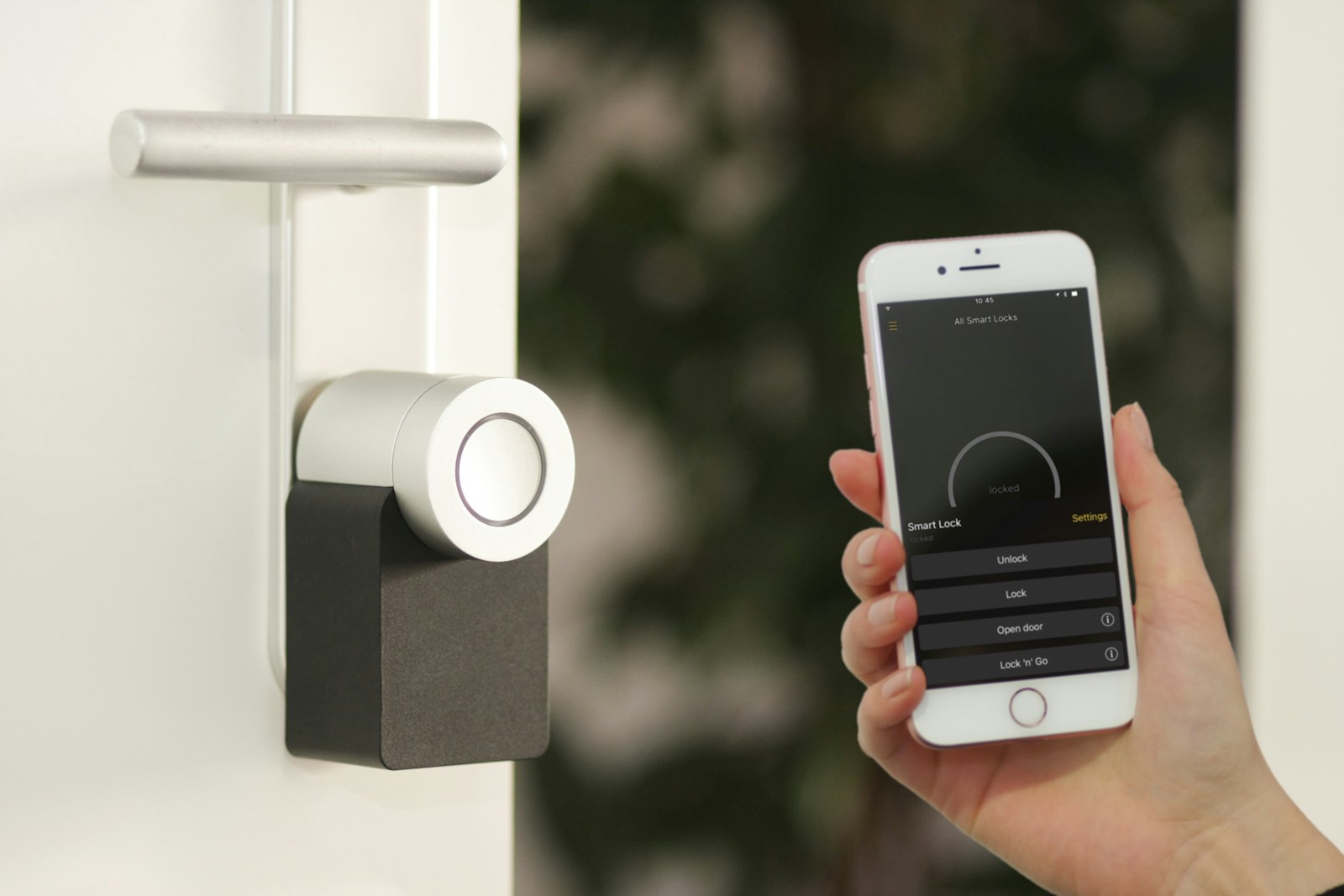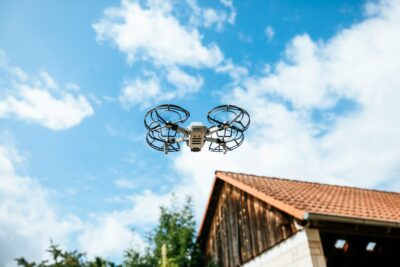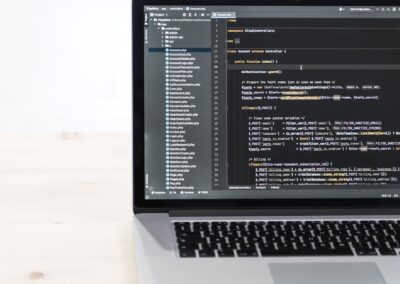The Role of Automated Alerts in IoT Device Management
Improving Responsiveness and Efficiency
The integration of automated alerts in remote IoT device management is transforming how businesses monitor and control their IoT systems, especially in rapidly developing regions like Saudi Arabia and the UAE. Automated alerts and notifications provide real-time updates on the status of IoT devices, allowing for immediate response to any issues that arise. This capability is crucial for maintaining the efficiency and reliability of IoT deployments, particularly in environments where devices are spread across large geographical areas. For instance, in Riyadh and Dubai, where smart city initiatives are becoming more prevalent, automated alerts help manage infrastructure such as traffic lights, water supply systems, and public transportation networks, ensuring they operate smoothly and efficiently.
Real-Time Monitoring and Immediate Action
One of the significant advantages of automated alerts is their ability to enable real-time monitoring and immediate action. Traditional monitoring systems often rely on periodic checks, which can delay the identification and resolution of issues. Automated alerts, however, continuously monitor IoT devices and instantly notify relevant personnel when anomalies or failures occur. This real-time capability is vital in critical sectors such as healthcare and energy, where timely intervention can prevent significant disruptions. In the UAE’s healthcare sector, for example, automated alerts from IoT-enabled medical devices can notify healthcare providers of patient status changes, allowing for prompt medical attention and improving patient outcomes.
Enhancing Predictive Maintenance and Reducing Downtime
Automated alerts also play a crucial role in enhancing predictive maintenance and reducing downtime for IoT systems. By continuously monitoring device performance and sending alerts when potential issues are detected, these systems can predict failures before they happen and schedule maintenance proactively. This approach minimizes unplanned downtime and extends the lifespan of equipment. In Saudi Arabia’s industrial sector, for instance, automated alerts help maintain machinery by detecting signs of wear and tear early, allowing for timely maintenance and preventing costly breakdowns. This capability not only improves operational efficiency but also contributes to significant cost savings.
Strategic Implementation and Leadership in IoT Management
Strategic Implementation of Automated Alerts
Implementing automated alerts in remote IoT device management requires strategic planning and a thorough understanding of the specific needs of the business. Companies must identify critical points within their IoT infrastructure where automated alerts can provide the most value. This involves selecting the right sensors and monitoring tools, integrating them with existing systems, and setting up the necessary communication protocols. In regions like Riyadh and Dubai, where smart technologies are rapidly being adopted, strategic implementation of automated alerts can significantly enhance the efficiency and reliability of IoT systems. For example, smart grid projects in these cities use automated alerts to manage energy distribution effectively, ensuring a stable and efficient power supply.
The Role of Executive Coaching in IoT Implementation
Effective leadership is essential for the successful implementation of automated alerts in IoT management. Leaders must be equipped with the knowledge and skills to oversee complex technology projects and manage the integration of new systems. Executive coaching services can provide valuable support in this regard, helping leaders navigate the challenges of IoT implementation and drive successful outcomes. In Saudi Arabia and the UAE, where technological innovation is a key economic driver, executive coaching helps leaders make informed decisions, manage cross-functional teams, and align IoT initiatives with broader business goals. By focusing on leadership development, executive coaching services empower businesses to leverage automated alerts for enhanced IoT management and business success.
Ensuring Long-Term Sustainability and Innovation
To ensure long-term sustainability and continuous improvement in IoT device management, businesses must foster a culture of innovation and adaptability. This involves staying informed about the latest technological advancements and regularly evaluating and upgrading IoT systems. In dynamic markets like Riyadh and Dubai, where technological change is constant, businesses must invest in research and development to explore new applications of automated alerts and notifications. For instance, ongoing innovations in AI and machine learning can further enhance the capabilities of automated alerts, making IoT systems even more responsive and intelligent. By prioritizing continuous innovation, companies can ensure that their IoT systems remain efficient, reliable, and capable of meeting future demands.
Conclusion
The integration of automated alerts in remote IoT device management offers significant benefits in terms of improving responsiveness, enhancing predictive maintenance, and reducing downtime. Through strategic implementation and effective leadership, businesses in Saudi Arabia and the UAE can leverage these technologies to achieve greater efficiency and reliability in their IoT deployments. Executive coaching plays a crucial role in this process, providing leaders with the skills and knowledge needed to drive successful IoT projects. By fostering a culture of innovation and continuous improvement, businesses can ensure the long-term success and sustainability of their IoT systems, maintaining a competitive edge in an increasingly connected world.
—
#AutomatedAlerts #RemoteIoTManagement #IoTDeviceNotifications #ModernTechnology #SaudiArabia #UAE #AIIntegration #BusinessSuccess #ExecutiveCoaching #ProjectManagement































